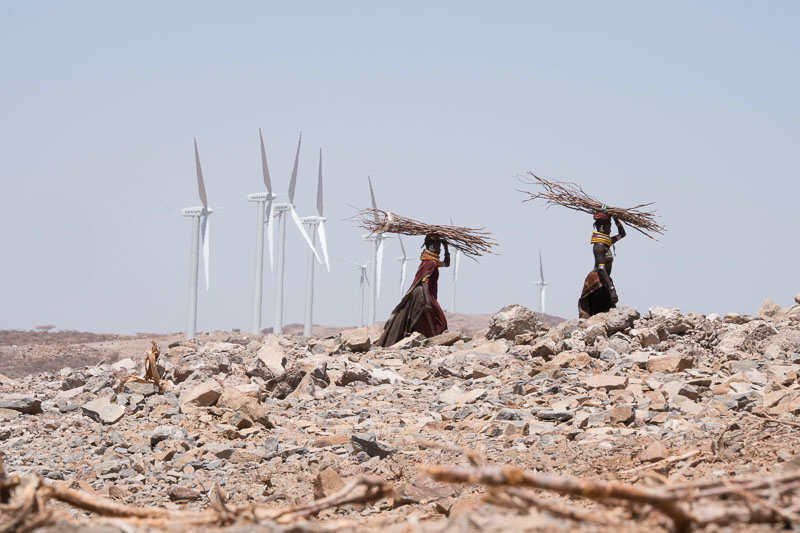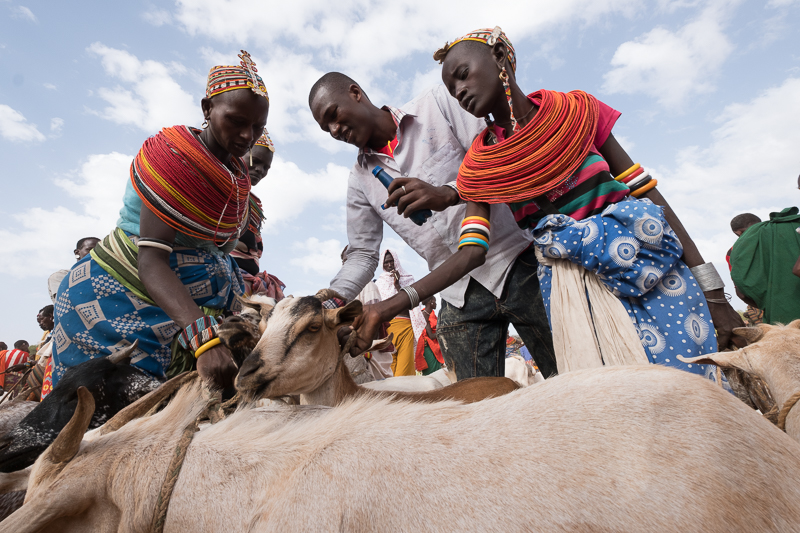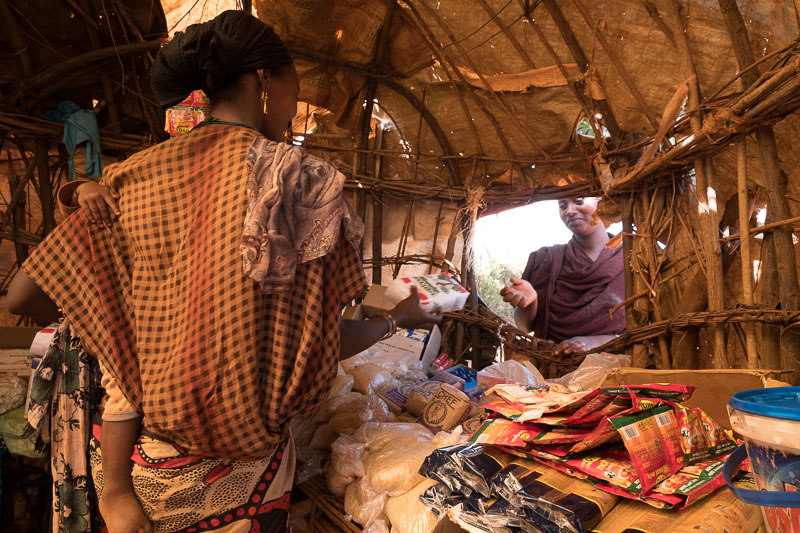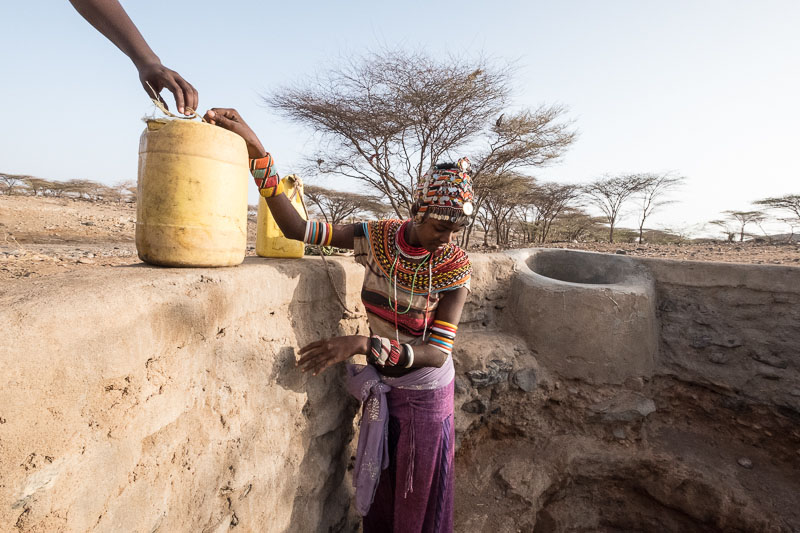Expanding How We Think About “Resources” on the Path to Ending Extreme Poverty

Photos: David duChemin
I am sometimes asked if The BOMA Project is involved in enterprises like building wells, distributing medicines, setting up solar power stations, or creating healthcare clinics. In the drylands of Africa where we operate—a region which comprises over 40% of the continent—access to fundamental resources like water, healthcare, clean energy and sanitation is severely limited, which has a profound impact on people’s—especially women’s—lives. Women are disproportionately affected by lack of access to resources, and yet increasing women’s access to and control over resources like water, land and energy is critical to creating development pathways in under-served communities.
Women in geographically isolated, ultra-poor communities expend an enormous amount of time and energy just trying to find clean water, gather fuel for cooking, and cope with the dangers of mosquito and water-borne diseases. In the face of essential survival challenges like these, access to other resources such as financial services, better reproductive health products, and increased community standing might appear as secondary goals. And yet, without a pathway towards transformative change in these women’s lives, access to water, fuel or food alone won’t end their continuing and generational toil in extreme poverty.
That is why our poverty graduation program takes a holistic approach to solving this problem. We look at resources in a broader sense. As defined by our partner, the Bill & Melinda Gates Foundation’s white paper A Conceptual Model of Women and Girls’ Empowerment, resources are “tangible and intangible capital and sources of power that women and girls have, own, or use individually or collectively in exercising agency.” Resources here include “women’s and girls’ bodily integrity (health, safety, and security), critical consciousness, and assets (financial and productive assets, knowledge and skills, time, and social capital).”



Building the human and social capital that leads to enduring change is the way to achieve true resiliency and sustainable self-sufficiency among people living below the extreme poverty line ($1.90/day). By putting the most vulnerable women in the drylands of Africa—the true last mile of economic isolation under an entrenched patriarchal system—at the center of our gender-focused program and increasing their access to that broader definition of resources, we have seen greater return for families and communities. Studies have shown that when women work, they invest 90% of their income back into their families, compared with 35% for men, creating transformative change within entire communities. (Empowering Women and Girls, Clinton Global Initiative).
Our definition of “resources” encompasses financial and business skills, life skills which lead to increased agency and decision-making power, the ability to travel so women business owners can find better markets for their goods, and access to education and information on health care and reproductive options.
With a goal of scaling BOMA’s model to reach 1 million women and children by 2022, we keep a laser focus on refining and improving our program while acknowledging that no single organization or type of organization can do everything to overcome the myriad obstacles that face people living in extreme poverty. By working in tandem with, and incorporating learnings from, partner organizations and funders who have the capacity and experience in providing access to resources like clean water, better sources of energy, or healthcare, such as the Bill & Melinda Gates Foundation, USAID, Kenya National Hospital Insurance Fund, BRAC and Mercy Corps., we are able to provide “complementarities” that amplify the impact of our program. All of the training for our Field Officers, Mentors and participants includes modules on water purification, sanitation, family planning and reproductive health.
Expanding our definition of resources to include both “tangible and intangible” assets addresses the complex reality of extreme poverty and helps us create a holistic approach to solving one of the world’s toughest problems.


